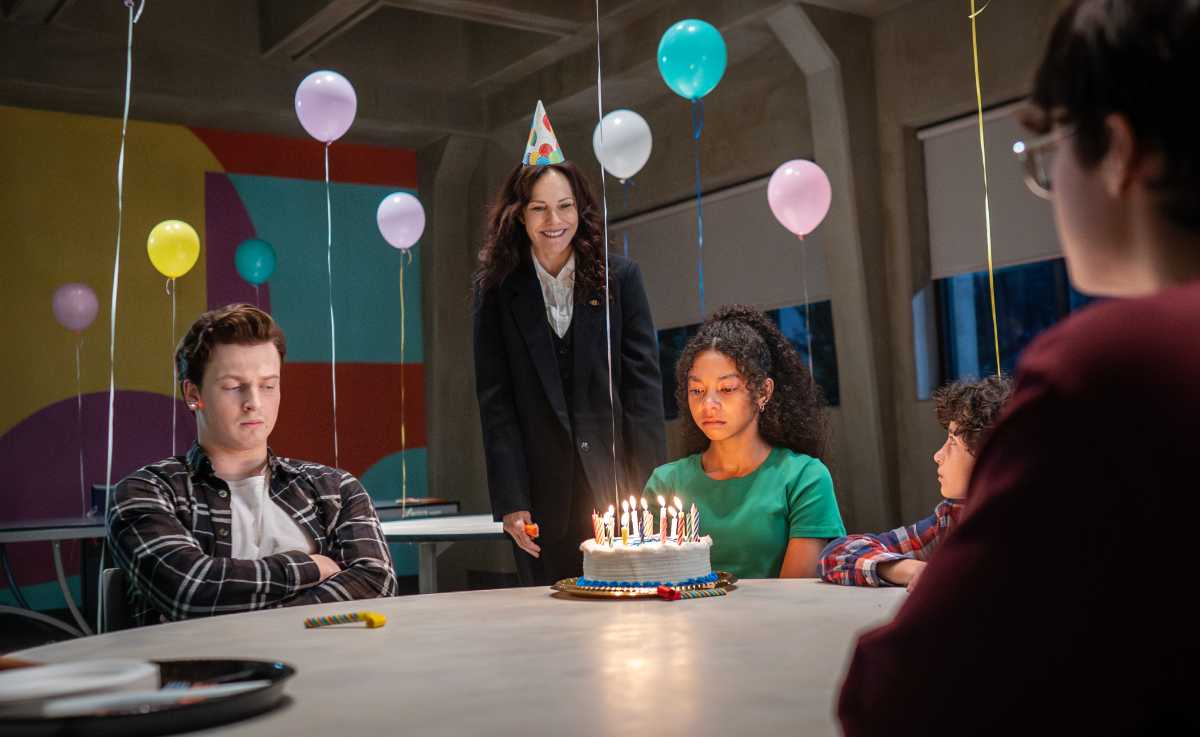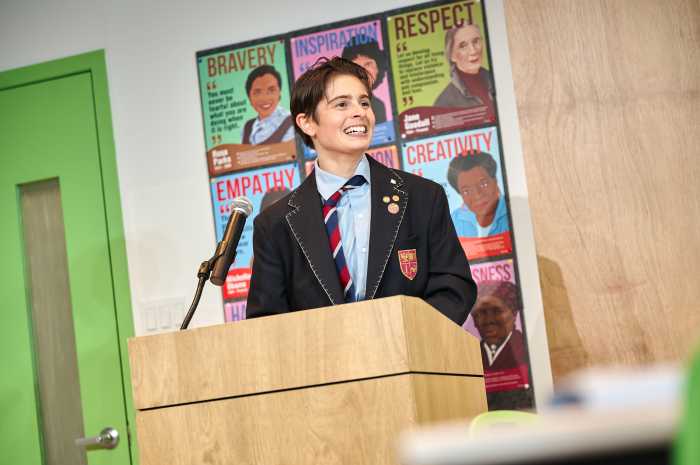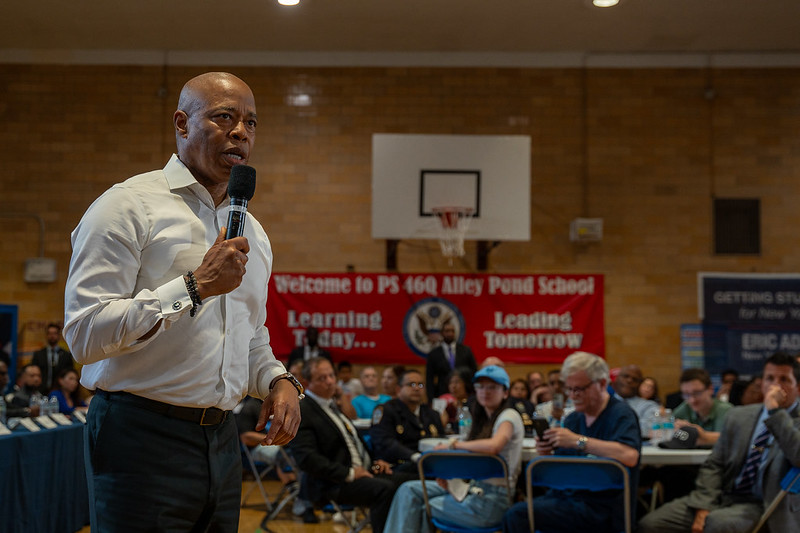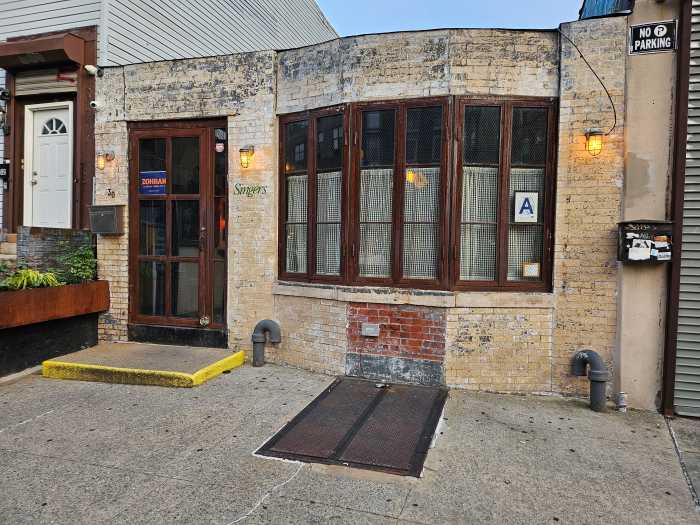
If you go: “The Great Society” runs through Nov. 30 at the Vivian Beaumont Theatre, 150 W. 65th St., greatsocietybroadway.com.
Turbulence takes over and a president’s ambitious domestic agenda gets derailed by overwhelming racial prejudice and an out-of-control foreign war in “The Great Society” — a long-winded but action-packed roller-coaster of a historical drama by Robert Schenkkan examining the final years of the presidency of Lyndon Baines Johnson, from his 1964 election through the inauguration of Richard Nixon four years later.
“The Great Society” is a follow-up to “All the Way,” which dramatized the yearlong period between the assassination of JFK on Nov. 22, 1963, making LBJ president, to the 1964 election.
Whereas Bryan Cranston played LBJ in “All the Way” on Broadway in 2014 and in a subsequent HBO film adaptation, Scottish actor Brian Cox (who is currently playing media baron Logan Roy on the HBO series “Succession”) has taken over as the 36th president. Bill Rauch, who directed “All the Way,” is also at the helm of “The Great Society.”
Compared to the relatively narrow focus of “All the Way” on the difficult passage of the Civil Rights Act of 1964, “The Great Society” delves into not just LBJ’s domestic agenda (including voting rights, Medicare, poverty relief and education reform) but also the March on Selma, urban race riots, the escalation of the Vietnam War and the rise of a strengthened Republican Party.
Most of the 19 actors in the cast play numerous characters. David Garrison alone plays Richard Nixon, Alabama Gov. George Wallace, Sheriff Jim Clark and Norman Morrison (who lit himself on fire in protest of the Vietnam War).
Other historical figures in the play include Martin Luther King, Jr. (Grantham Coleman), Chicago Mayor Richard J. Daley (Marc Kudisch), Robert F. Kennedy (Bryce Pinkham), Vice President Hubert Humphrey (Richard Thomas), Republican Sen. Everett Dirksen (Frank Wood), Secretary of Defense Robert McNamara (Matthew Rauch), FBI Director J. Edgar Hoover (Gordon Clapp) and Lady Bird Johnson (Barbara Garrick).
Taking advantage of the thrust stage of the Vivian Beaumont Theater at Lincoln Center, David Korins’ set resembles a circular arena, in which the actors observe the action while sitting on benches. Above them are three large screens (plus rows of smaller television screens) which show, among other things, FBI surveillance photos and updates on the number of dead and wounded soldiers in Vietnam.
“The Great Society” is not unlike an epic Shakespearean history play and tragedy, in which the protagonist undergoes a painful loss of power and falls victim to paranoia and hubris. Running just under three hours, it would probably benefit from further editing and trimming, but still makes for an engaging, educational and critical-minded theatrical experience.
It should be noted that Schenkkan does not shy away from having the characters use language that would be considered extremely inappropriate by today’s standards or depicting troubling instances of police brutality.
Cox, who takes on LBJ’s distinctive Southern accent, gives a high-intensity performance in which he devolves from swaggering pomp to pleading for help. However, he avoids exaggeration and excessive imitation and remains focused throughout. Other standout performances include Thomas’ alarmed but supportive Humphrey, Kudisch’s brusque and unapologetic Daly and Coleman’s wearying and downbeat MLK.
To commemorate LBJ’s commitment to voter equality, the producers of “The Great Society” have set up private voting booths in the lobby where theatergoers can vote for who should be the Democratic or Republican Party presidential nominee in the 2020 election. Perhaps one of them will soon be the subject of their own historical drama.




































